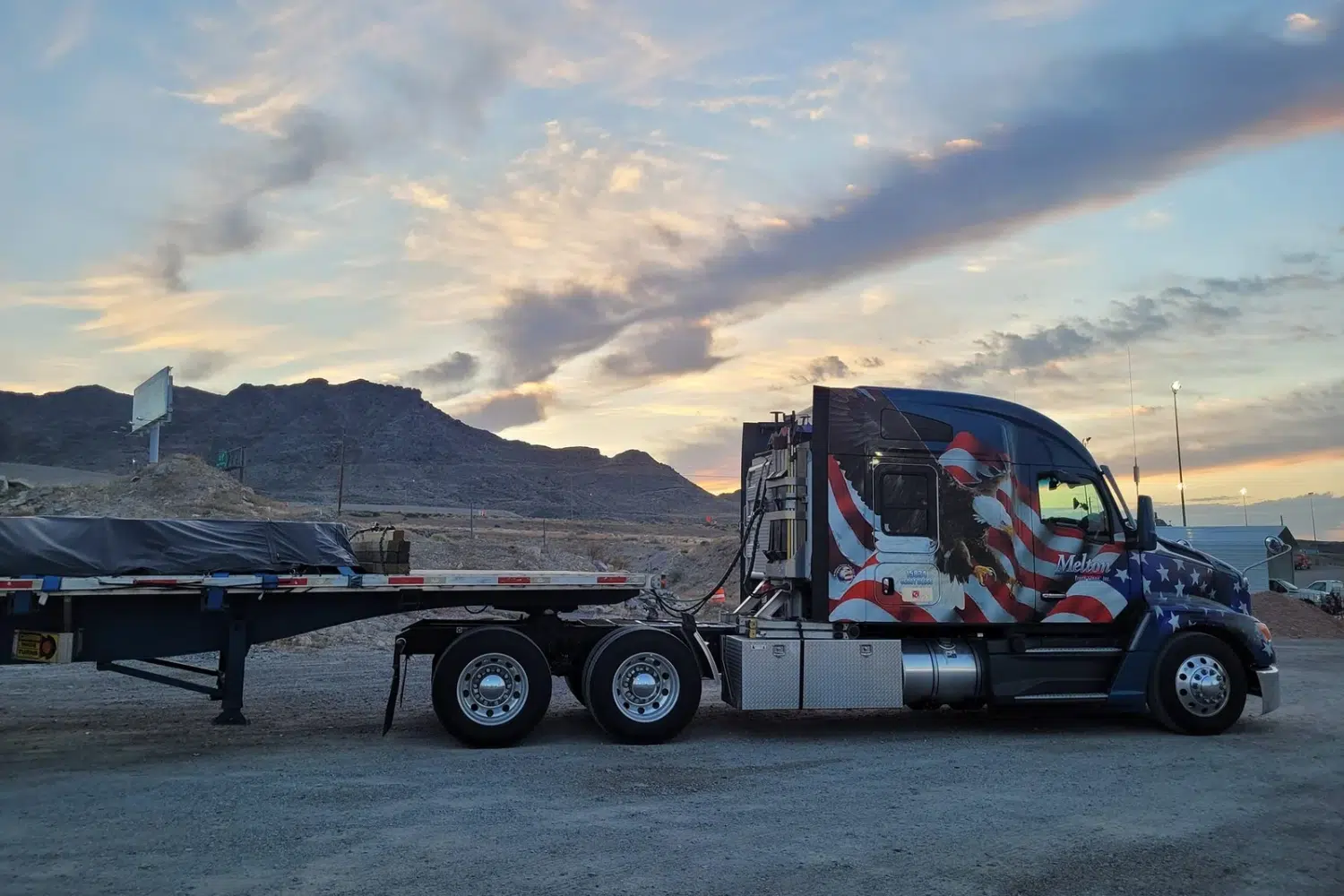
Know The Lingo: A Guide to Trucking Terms And Phrases
If you’re new to the trucking industry, or at least interested in entering the field, you might have come across a few unfamiliar terms. We know just how confusing and frustrating it can be to learn the ins and outs of a new line of work, so here is a quick guide on getting a handle on trucking terminology.
- Broker
- Bill of Lading (BOL)
- Carrier
- Consignee
- CPM
- Deadheading
- Detention
- Dispatcher
- Drayage
- Electronic Logging Device (ELD)
- Full Truckload (FTL)
- Governor
- Hours of Service (HOS)
- Less than Truckload (LTL)
- Owner-Operator
- Over-the-Road (OTR) Driver
- Runaway Ramp
- Shipper
- Third-Party Logistics (3PL)
- Transfer Company
Broker
Also known as a freight broker, truck broker, or load broker, brokers act as the go-between for carriers and shippers, connecting drivers with loads ready to haul.
Bill of Lading (BOL)
A Bill of Lading an itemized list of goods contained in a shipment and is normally provided when a driver picks up a load.
Carrier
A carrier is a company or a person who transports goods by land, water, or air. Carriers work with shippers to move goods from one place to the other.
Consignee
The consignee is the party to whom a shipment is being delivered and are the ones who have paid for the goods. They may also be referred to as the recipient or receiver.
CPM
The abbreviation for cents per mile. The per-mile rate at which drivers are paid varies by company.
Deadheading
The practice of driving a semi-truck with an empty trailer (also known as deadhauling). A deadhead happens when a driver returns the empty container to the point of origin. Deadheading is not the same as bobtailing, which happens when a truck is driven without a trailer attached.
Detention
Most shippers and receivers have a scheduled, 2-hour window in which to load or unload freight from a truck. Any time after that window is considered detention time. During detention, a driver must wait over the allotted time to be loaded or unloaded, which can cause them to miss other pick-ups and cut into profits.
Dispatcher
A dispatcher directs the movement of trucks and freight. Usually, dispatchers communicate with drivers throughout their trips to monitor progress and address any issues or problems that may come up on the road.
Drayage
The transportation of goods over a short distance as part of a longer journey, often within a single urban area. This term also refers to transporting cargo from an ocean port to its final destination.
Electronic Loading Device (ELD)
An Electronic Logging Device is an automatic device that monitors and logs a moving truck. The Federal Motor Carrier Safety Administration (FMCSA) has mandated that all trucks have an ELD installed and operate them at all times during their hours of service. In the event of an outage, drivers are required to keep paper logs.
Full Truckload (FTL)
Full truckload shipments require an entire truck to be transported.
Governor
A device that regulates the truck’s top speed. Large fleets use these to ensure their drivers stay within guidelines to improve fuel efficiency and safety.
Hours of Service (HOS)
This refers to the maximum time allotted for a commercial truck driver to be on duty. Typically, this means that truckers cannot drive more than 11 hours within a 14-hour period and must take a 30-minute break after 8 hours of driving. You can learn more about HOS regulations in our blog.
Less than Truckload (LTL)
Less than truckload shipments don’t need a whole trailer to be transported and will often be combined with other shipments to save money and time.
Owner-Operator
A self-employed trucker who both owns and operates their truck. Owner-operators are typically experienced truck drivers who decide to run under their own authority.
Over-the-Road (OTR) Driver
A truck driver who travels cross-country to deliver freight. These drivers are out for weeks at a time, and usually sleep within a berth in the truck cab.
Runaway Ramp
Often seen on a steep grade, these are wide, soft areas a truck can pull into to slow down when its brakes lose power.
Shipper
A person or company who is the supplier or owner of the goods shipped, also called consignor.
Third-Party Logistics (3PL)
Also known as a 3PL, third party logistics companies arrange shipments by outsourcing transportation services to other companies.
Transfer Company
A firm that specializes in handling cross-border transactions, such as into Mexico.
While this list of common trucking terminology is not comprehensive, it will provide you with a strong foundation to communicate clearly and confidently. If you want to learn more about being a trucker, you can view our flatbed trucking page for more information.
